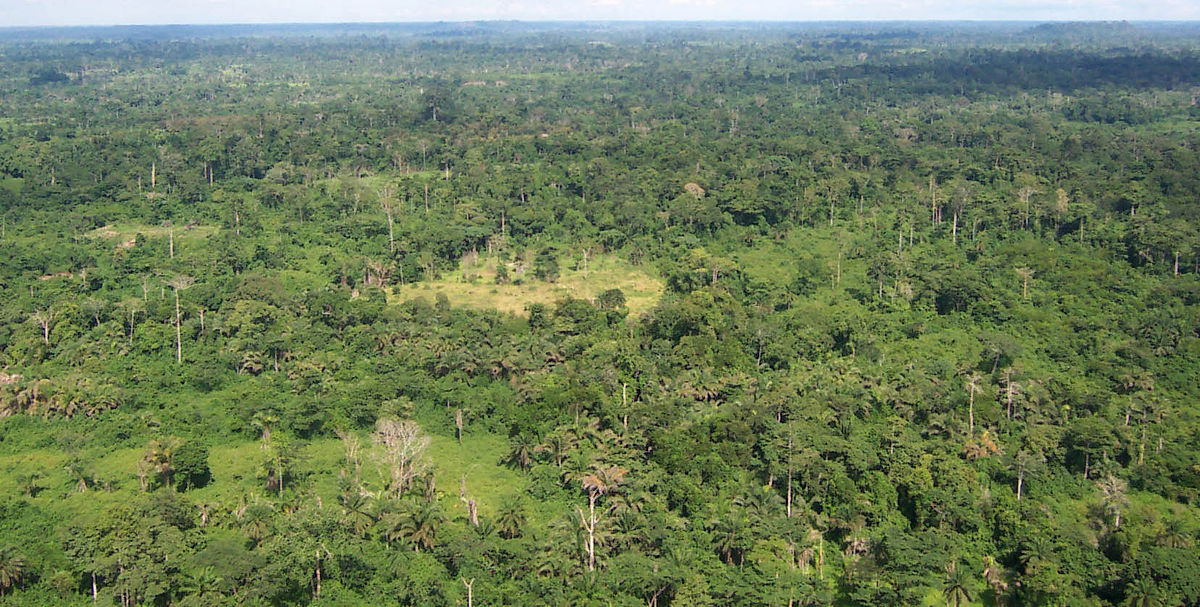In September, Liberia passed the long-awaited Land Rights bill into law. Its passage was a triumph for the courageous, determined community members, civil society activists, and lawmakers who spent years advocating for more equitable, fair land rights for the citizens of Liberia. Nearly 70 per cent of Liberia’s 3.3 million citizens live in rural areas and own their lands collectively according to customary laws.[1] Despite strong customary claims, for the past 62 years the Liberian government has claimed all lands as owned by the state and has allocated almost 17% of the country to foreign investment without consulting community members. Liberia’s Land Rights Act remedies this injustice and ensures that Liberia’s economic growth will not disenfranchise its rural landowning communities, but rather include them as key actors in the nation’s development. The law safeguards customary lands rights and sets the stage for communities throughout Liberia to govern and manage their lands according to local customs, so long as all community members’ land rights are protected and land and natural resources are used sustainably and conserved for future generations.
The law strongly protects community land rights in many ways, including the following eight mandates:
- Communities are allowed to define themselves according to community members’ preferences – so long as they do not discriminate or exclude residents. (Articles 2, 34.1 and 34.2)
- Community members are considered to be the private owners of their customary lands. Rather than being relegated to a different “class” of land holding, the Land Rights Act ensures that customary land ownership is private land ownership, as protected as private lands bought and sold on the land market. (Article 2, Article 32.1)
- Proof of a community’s private ownership of their customary lands may be established through oral testimony alone, and says no less than four times that a community does not have to have “papers” or a deed to prove their ownership over their ancestral lands. (Articles 9.4, 11.3, 32 and 37.1)
- All community members, including women, youth, and members of minority groups have equally strong ownership claims to customary lands, and have equal rights to use and manage community land. (Articles 2 and 34.3)
- The community itself is responsible for the management of their customary lands, with the community tasked with drafting bylaws that set out how they will govern their land; electing diverse leadership; make a land use and management plan that ensures sustainable use and conservation and is based on longstanding customary practices; and creating a process by which a non-community members may become members of the community. (Articles 35.1, 36.1, 36.2 and 38.1)
- The community’s land governance body must be composed equally of men, women and youth and must make decisions by consensus and according to community customs, traditions and practices. (Articles 36.4, 36.6, 36.7 and 36.8)
- Communities must give their Free, Prior and Informed Consent before any outsiders can use or “interfere with” their private customary lands. (Article 33)
- Community members may continue to use lands designated as “protected areas” for their livelihoods. If any portion of customary land is set aside as a protected area, it may not be sold, leased or granted to a corporation, and community members have the right to continue to use that protected area for livelihood activities. (Article 42.5)
Now that the Land Rights Act has passed into law, it is necessary to begin its implementation. A critical first step towards this implementation should be a nation-wide legal education campaign that ensures that Liberians in even the most rural areas are aware of their new land ownership rights. Rural Liberians have been taught for generations that the government owns their lands and that the citizens are mere “custodians.” A massive legal education campaign is necessary to refute this now-obsolete conception.
Liberia can look to Mozambique’s “Land Campaign” after the passage of its land law in 1997 as an example. The campaign included:
- Nationwide dissemination of materials designed to educate people about the six key messages of the campaign, including 120,000 copies of a comic series, 3,000 audiocassettes, 15,000 pamphlets, 500 posters, and other resources like tee-shirts and billboards (in Portuguese and twenty national languages.)
- A manual for civil servants, lawyers, surveyors and professionals, detailing how to practically implement the new land law.
- A video that was shown in movie theaters and on television and broadcast by radio stations throughout the nation.
In Liberia, such efforts might also include palava hut meetings, trainings for community leaders, teaching the Land Right Act in universities and high schools.
Liberia has successfully passed an excellent Land Rights Act, a fact that should be celebrated. Ensuring that the law is widely implemented remains the primary challenge. In many countries, good land laws go unimplemented due to lack of political will. Experience has shown that only when citizens know their land rights and are empowered to demand that these rights are protected does law become practice. The Liberian Land Authority and civil society groups have an obligation to ensure that Liberians know their new land rights. The eight points outlined above might be taken as a starting point for a nationwide “Liberian Land Campaign.” Such a campaign can ensure that all Liberians can leverage the new law to build a more flourishing, equitable society for their children and all the generations to come.
[1] https://www.liberianobserver.com/news/land-rights-act-finally-passed/
This piece was originally posted on the Thomson Reuters website.

